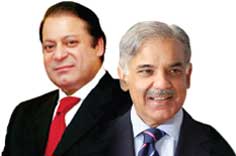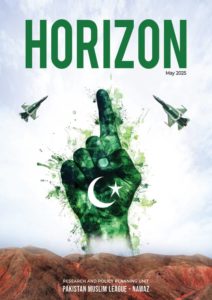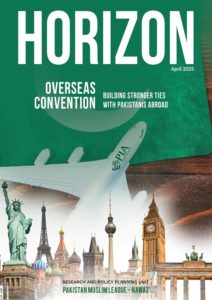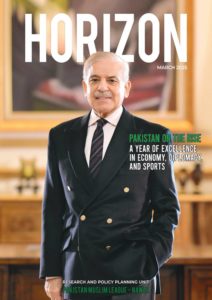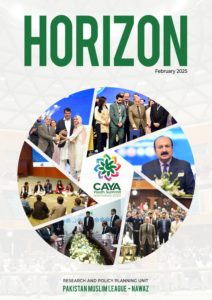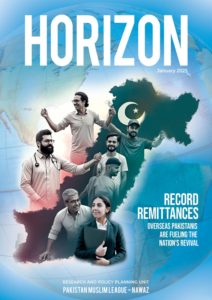
EconoMIC GROWTH
Economic Growth, Poverty Alleviation, Tax Reforms, CPEC, Agriculture, Technology, Youth and Tourism

HUMAN CAPITAL DEVELOPMENT
PMLN delivery and success in Education, Higher Education, Research & Innovation, Health and Environment

ELECTRICITY and water
Electricity, Gas, Water Natural Resources, Transportation projects including Motorways and Metro Buses

Gas & LNG Terminals
Success story on how PMLN Government developed LNG plants in shortest duration and ended the gas shortage

motorways & transport
Details about Motorways, Highways, Rural Road Network, Metro Buses and other Public Transport Projects

Inflation & Interest rates
PMLN success story in controlling the inflation and keeping the interest rates to lowest to facilitate the people
Press Updates
CPEC
China–Pakistan Economic Corridor is a collection of infrastructure projects that are currently under construction throughout Pakistan. Originally valued at $46 billion, the value of CPEC projects is worth $62 billion as of 2017. China–Pakistan Economic Corridor is a collection of infrastructure projects that are currently under construction throughout Pakistan.
The story of Pakistan Muslim League N
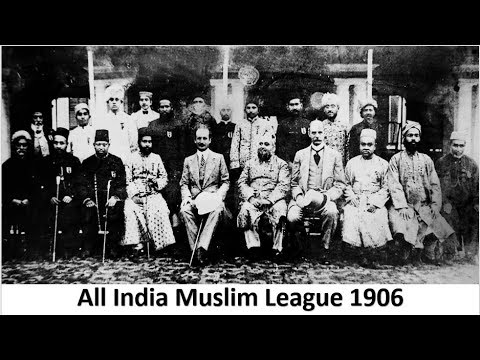
Nawab Viqar ul-Mulk and the Aga Khan invited leading Muslims to meet in Dacca (now Dhaka) on 30 December 1906 to launch a new organization, the All-India Muslim League (AIML or League).The League’s first meeting was held at the conclusion of the All-India Muslim Educational Conference (founded in 1886), which was cut short by one day. Its members were asked to attend the new meeting to discuss the creation of a “political association,” the aims of which were:
•To promote among the Muslims of India feelings of loyalty to the British government, and to remove any misconception that may arise as to the intention of government with regard to any of its measures.
•To profit and advance the political rights and interests of the Muslims of India, and to respectfully represent their needs and aspirations to the government.
•To prevent the rise, among the Muslims of India, of any feeling of hostility toward other communities, without prejudice to the aforementioned objects of the League.
The organization was to present “Muslim views” to the government on the eve of the new constitutional developments that were about to take place (the Councils of India Act, 1909). At the League’s inaugural session, two joint secretaries and thirty-one members were appointed to represent six areas of northern India from Bengal to the North West frontier province. Two years later a branch of the AIML was established in London under the presidency of Syed Ameer Ali (1849–1928) to act as a pressure lobby to influence British policy regarding India. The Aga Khan was president until 1913.
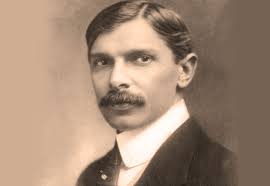
Before Jinnah joined the All Indian Muslim League in 1913, his professional and political career earned him great reputation. In 1892, the London Office of Graham’s Shipping and Trading Company offered him an apprenticeship. During his academic years, he came across the British leaders like William Gladstone, and John Morley in the United Kingdom. Also he came to know the political viewpoints of the Indian leaders Sir Feroz Shah Mehta and Dadabhai Naoroji anf favored their moderate visions.
In 1896, he came back to India and took a keen interest in the Indian politics as a successful lawyer. In 1906, he joined Indian National Congress. He became the member of the 60 members Imperial Legislative Council later. He had joined the Congress expecting a lot from its leaders but later on he came to know that it was purely a Hindu body to safeguard only the Hindu cause aggressively denying the other minorities especially the Muslims. He left the Congress and joined All India Muslim League in 1913 and associated with it till his death. He was made the president of Muslim League in 1916 when he took the responsibility of leading the Muslims of the Sub-Continent. A close associate of Iqbal, Jinnah questioned the security of the Muslim minority in an India dominated by essentially Hindu authority. Declaring Islam was endangered by a revived Hindu assertiveness, Jinnah and the league posited a “two-nation theory” that argued Indian Muslims were entitled to—and therefore required—a separate, self-governing state in a reconstituted subcontinent.
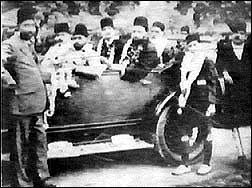
The Allahabad Address notable for conception Pakistan was the presidential address by Allama Iqbal to the 25 season of the All India Muslim League on 29 December 1930 at Allahabad India. Here he presented the idea of separate homeland for Indian Muslims which was ultimately realized the form of a Pakistan.
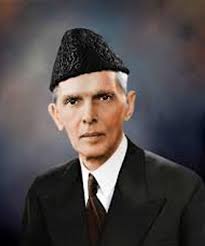
From 1934, when Quaid e Azam Mohammad Ali Jinnah was elected President, until 1947 the name of Mohammad Ali Jinnah was synonymous with that of the AIML, but it was not until 1943 that Jinnah was the undisputed “great leader” (Quaid-i-Azam) of the party.
The rise of the League was due to the national leadership of Jinnah and the organizational work of the general-secretary, Liaquat Ali Khan (1895–1951), who, like Jinnah, devoted most of his time over the next ten years to the party.
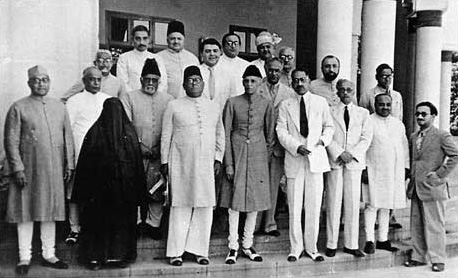
Quaid e Azam in his historic address said, “Mussalmans are a nation according to any definition of a nationhood. We wish our people to develop to the fullest spiritual, cultural, economic, social and political life in a way that we think best and in consonance with our own ideals and according to the genius of our people”.
The All India Muslim League Resolution of March 1940, commonly known as the Pakistan Resolution, is undoubtedly the most important event that changed the course of Indian history and left deep marks on the world history. With the passage of this Resolution, the Muslims of the sub-continent changed their demand from “Separate Electorates” to a “Separate State.” This Resolution rejected the idea of a United India and the creation of an independent Muslim state was set as their ultimate goal. It gave new energy and courage to the Muslims of the region who gathered around Quaid-i-Azam from the platform of the Muslim League to struggle for their freedom. The dynamic leadership of the Quaid and the commitment and devotion of the followers made it possible for them to achieve an independent state within seven years of their struggle, and that too when the odds were against them.
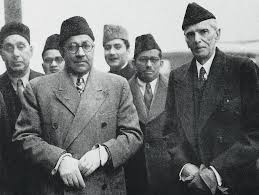
All of the organizational work between 1937 and 1946 led to a tremendous League victory in the 1946 general elections.
In 1946 election, Muslim League won the majority of Muslim seats (87%) in the provinces. Nevertheless, the All India Muslim League verified its claim to be the sole representative of Muslim India. The election laid the path to Pakistan.
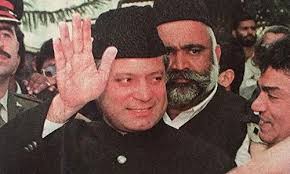
In 1985, Mian Nawaz Sharif was nominated as Chief Minister of the Punjab. As chief minister, Nawaz Sharif stressed welfare and development activities and the maintenance of law and order.
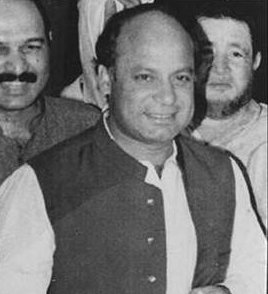
Mian Nawaz Sharif was re-elected as CM, Punjab.
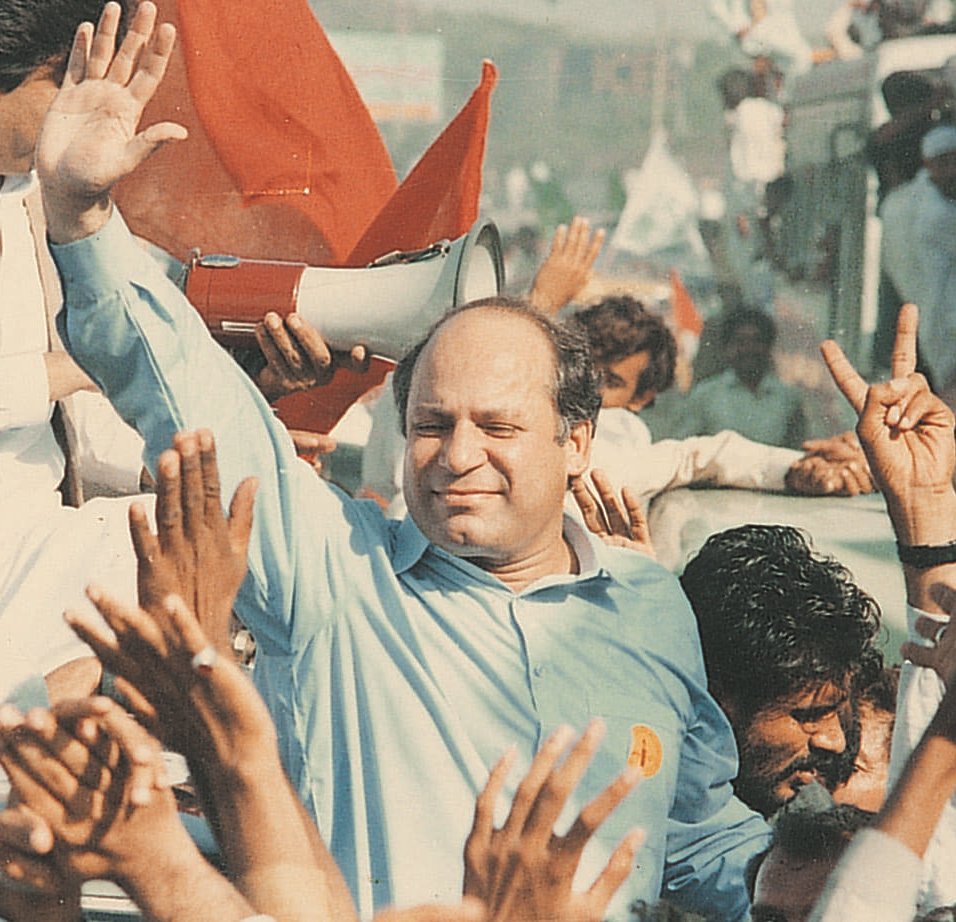
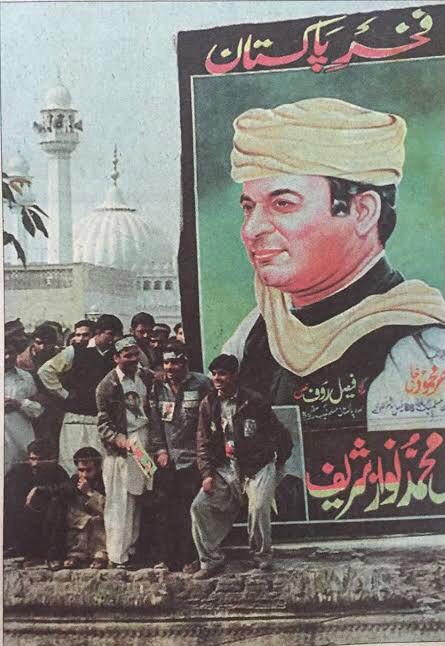
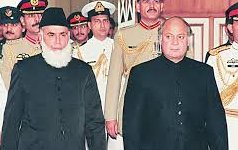
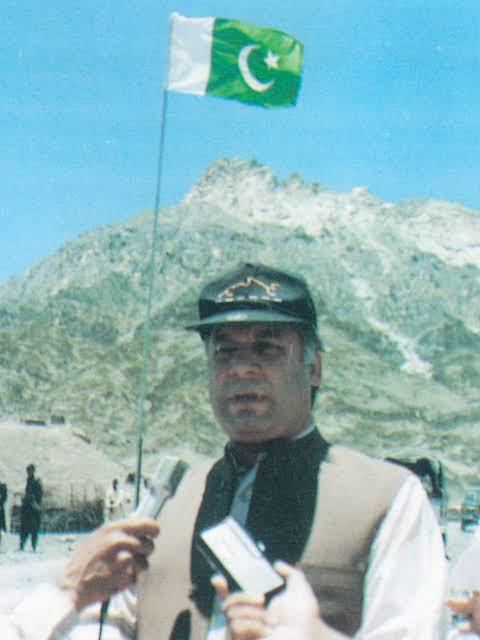
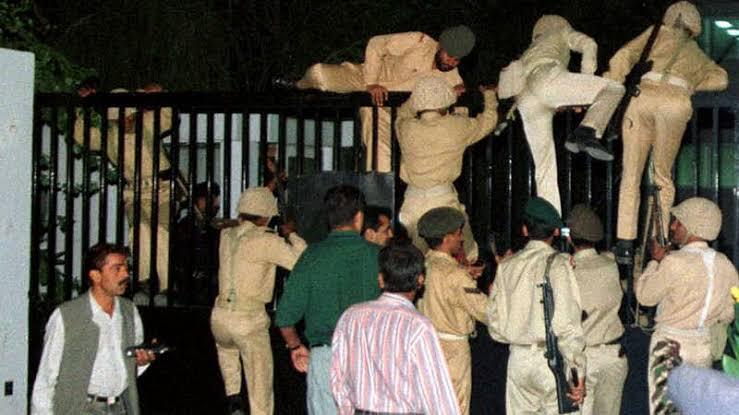
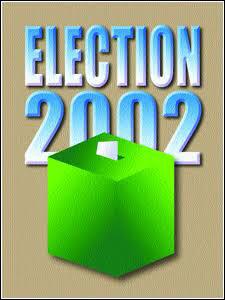
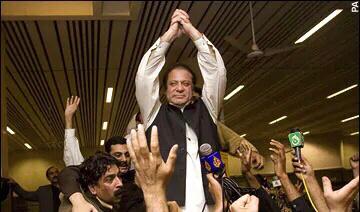
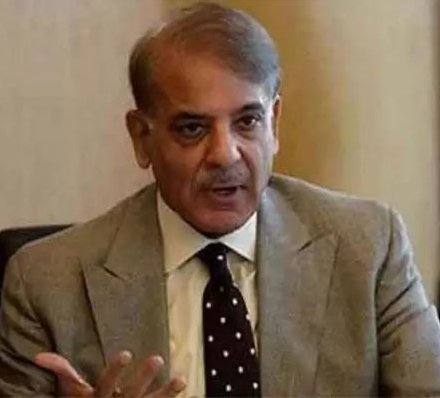
In the 342-seat national assembly, PMLN received 66 seats. The PML(N) consistently worked towards building efforts to lead a successful movement to impeach then President Pervez Musharraf. Mian Shehbaz Sharif became the Chief Minister of Punjab and initiated many development and educational projects.
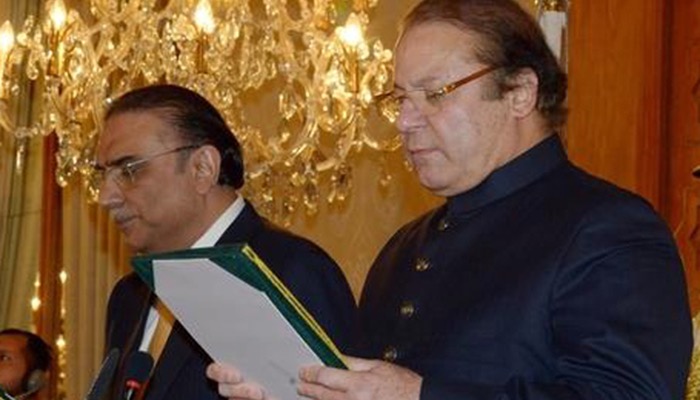
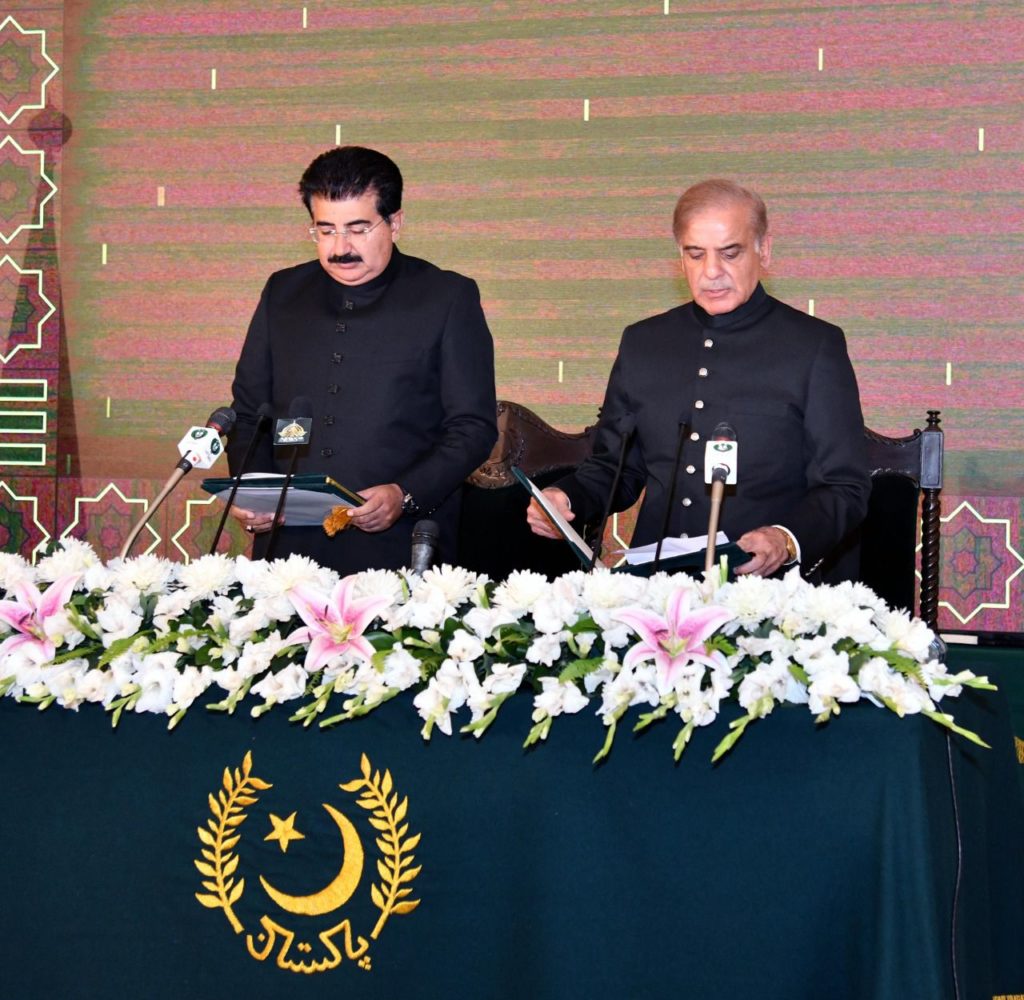
On 10 April 2022, Mian Muhammad Shehbaz Sharif, the President of PML(N) was nominated as candidate for Prime Minister by opposition parties following a vote of no confidence in incumbent Prime Minister Imran Khan after the 2022 Pakistani constitutional crisis.
He was elected Prime Minister on 11 April 2022. He took the oath of office on the same day, administered by the Chairman of the Senate, Sadiq Sanjrani, acting for President Arif Alvi, who was on medical leave after complaining of “discomfort”.

